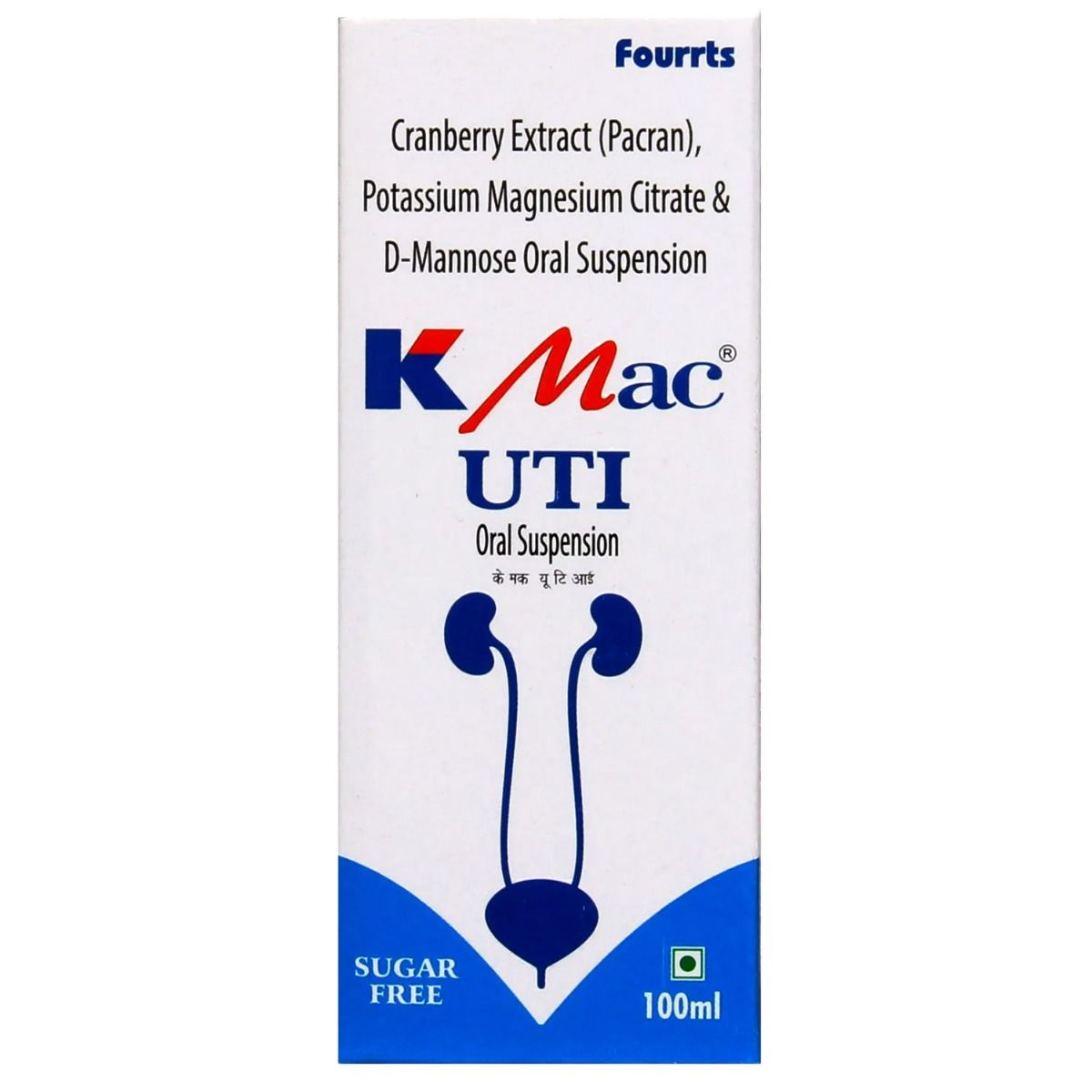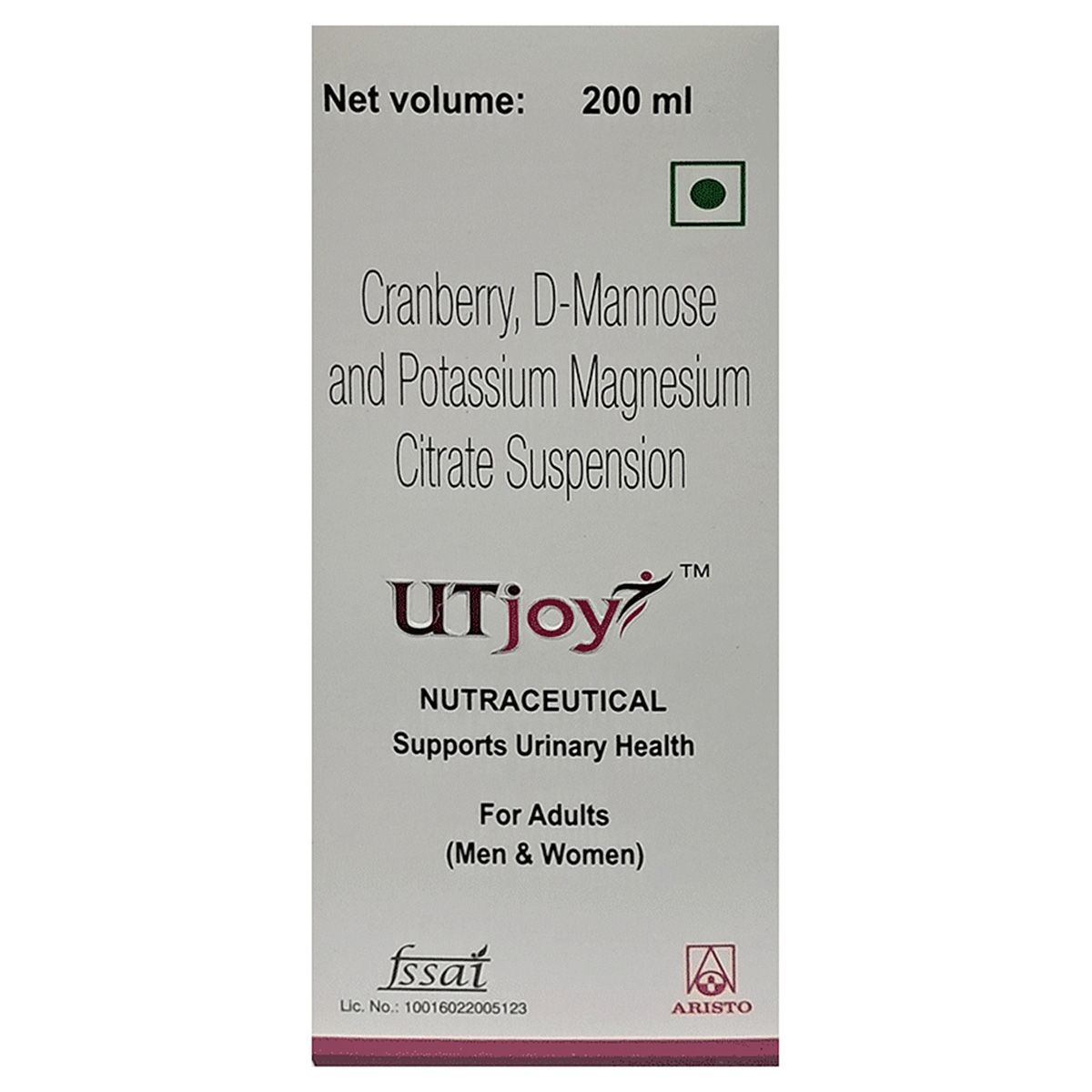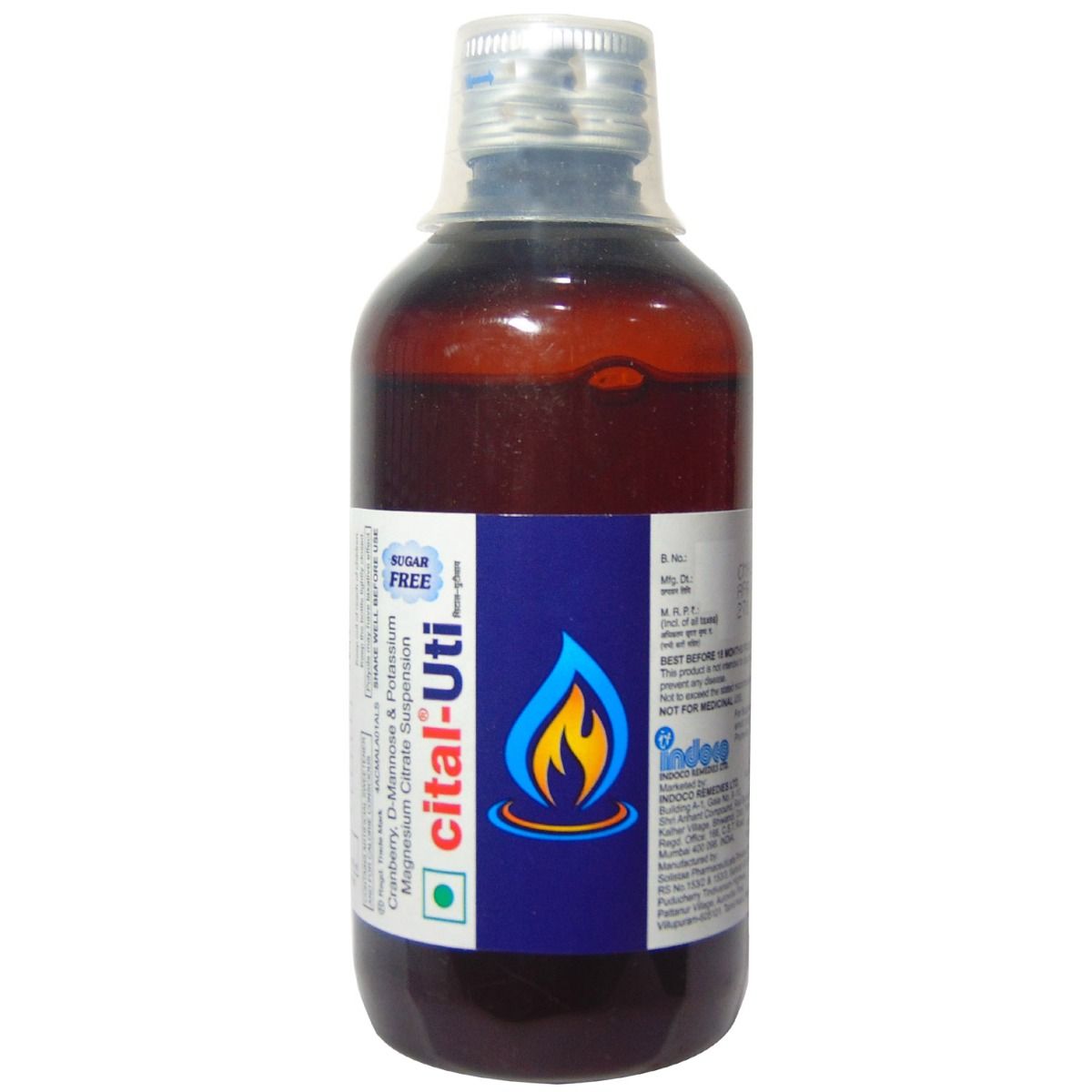Feberry Syrup 200 ml
₹260*
₹221*
MRP ₹260
15% CB
₹39 cashback(15%)
Free Delivery
With Circle membership
(Inclusive of all Taxes)
This offer price is valid on orders above ₹800. Apply coupon PHARMA10/PHARMA18 (excluding restricted items)
Know Your Delivery Time
Provide Delivery Location


Secure Payment

India's Most Trusted Pharmacy

Genuine Products
Manufacturer/Marketer :
Consume Type :
Return Policy :
About Feberry Syrup 200 ml
Feberry Syrup 200 ml is indicated for the treatment of urinary tract infection. It may also help provide relief from burning sensations during urination. Urinary tract infection is an infection occurring in any part of the urinary tract, the kidneys, urethra, or bladder. Symptoms include nausea, vomiting, fever, pelvic pain, pain during urination, increased urge to urinate, and blood in the urine.
Feberry Syrup 200 ml is a combination of three drugs, namely: Potassium Magnesium citrate, Cranberry extract and D-Mannose. Feberry Syrup 200 ml works by preventing the bacteria from attaching to the bladder cell membrane. It hence finds use in addressing urinary tract infections and helps alleviate its symptoms such as hesitancy, poor stream of urine and smelly urine.
You are advised to take Feberry Syrup 200 ml for as long as your doctor has advised it for you, depending on your medical condition. In some cases, you may experience certain common side effects such as abdominal discomfort, nausea, and vomiting. Most of these side effects do not require medical attention and will resolve gradually over time. However, you are advised to talk to your doctor if you experience these side effects persistently.
Consult your doctor before taking Feberry Syrup 200 ml if you are pregnant or breastfeeding. Feberry Syrup 200 ml is not recommended for patients with renal insufficiency as it might increase the risk for the development of hyperkalaemia (high potassium levels) and soft tissue calcification. Keep your doctor informed about your health condition and medicines to rule out any side effects. Consult your doctor before giving Feberry Syrup 200 ml to children.
Uses of Feberry Syrup 200 ml
Directions for Use
Medicinal Benefits
Feberry Syrup 200 ml is a combination of three drugs, namely: Potassium magnesium citrate, Cranberry extract and D-Mannose. Feberry Syrup 200 ml is indicated for the treatment of urinary tract infections. It also helps provide relief from burning sensations during urination. Potassium Magnesium citrate makes the urine less acidic by raising the pH, thereby reducing irritation while urination. Cranberry extract and D-Mannose work by preventing the bacteria from attaching to the bladder cell membrane. Feberry Syrup 200 ml hence finds use in addressing urinary tract infection and helps alleviate its symptoms such as hesitancy, poor stream of urine and smelly urine.
How Feberry Syrup 200 ml Works
Storage
Side Effects of Feberry Syrup 200 ml
Abdominal discomfort
Vomiting
Nausea
What if I have taken an overdose of Feberry Syrup 200 ml
Drug Warnings
Do not take Feberry Syrup 200 ml if you are allergic to any of its contents. Inform your doctor if you have hyperkalaemia (high levels of potassium), chronic renal failure, uncontrolled diabetes mellitus, adrenal insufficiency, acute dehydration, oesophageal compression, delayed gastric emptying, intestinal obstruction, peptic ulcers, renal insufficiency or gastrointestinal lesions. If you experience severe vomiting, gastrointestinal bleeding or abdominal pain, stop taking Feberry Syrup 200 ml and consult a doctor immediately. Consult your doctor before taking Feberry Syrup 200 ml if you are pregnant or breastfeeding.
Diet & Lifestyle Advise
- Drink plenty of fluids as they help in flushing out excess minerals.
- Maintain a healthy weight by exercising regularly.
- Practise personal hygiene. Wash and clean your private parts.
- Avoid wearing tight, synthetic underwear.
- Avoid using vaginal douches and sprays.
- Do not wipe from front to back or vice versa after passing motion as this may displace bacteria from the vagina to the anus and vice versa.
- Always pee after sexual intercourse.
- Holding back urine causes bacteria to grow. Always go to the loo whenever you feel the urge.
Habit Forming
Therapeutic Class
Feberry Syrup 200 ml Substitute

Cital UTI Suspension 100 ml
by AYUR
₹1.88per tabletUtjoy Suspension 100 ml
by AYUR
₹1.98per tabletClear UTI Sugar Free Oral Suspension 100 ml
₹1.98per tabletStonepac Liquid 200 ml
₹1.33per tabletAlkapac Suagr Free Cardamom Syrup 100 ml
by AYUR
₹1.90per tablet
Product Substitutes
Alcohol
Caution
Exercise caution before taking alcohol with Feberry Syrup 200 ml. Please consult your doctor if you have any concerns.
Pregnancy
Caution
Please consult your doctor if you are pregnant. Your doctor will suggest only if the benefits outweigh the risks.
Breast Feeding
Caution
Please consult your doctor if you are breastfeeding. Your doctor will decide if Feberry Syrup 200 ml can be taken during breastfeeding or not.
Driving
Safe
Feberry Syrup 200 ml is unlikely to affect your ability to drive.
Liver
Caution
Please consult your doctor in case of any concerns regarding the usage of Feberry Syrup 200 ml in patients with liver problems.
Kidney
Caution
Feberry Syrup 200 ml should be used with caution in case of renal disease. Please consult your doctor in case of any concerns.
Children
Caution
Exercise caution before using Feberry Syrup 200 ml in children. Consult a child specialist in case of any concerns.
FAQs
Country of origin
Manufacturer/Marketer address
Disclaimer
Author Details
We provide you with authentic, trustworthy and relevant information
Reference
- https://www.webmd.com/drugs/2/drug-18297/cranberry-extract-oral/details
- https://www.healthyhey.com/products/cranberry-extract-urinary-tract-health-500-mg-60-veg-capsules?variant=32797624369223&utm_source=google&utm_medium=cpc&utm_campaign=Google+Shopping&currency=INR&gclid=Cj0KCQiAk4aOBhCTARIsAFWFP9Go9G2gqywBOxAmNB33sLdSCNm95Jor1sjuQSevfbyVAh23gHHogqYaAvF3EALw_wcB
- https://www.winchesterhospital.org/health-library/article?id=20431
- https://www.drugs.com/mtm/potassium-citrate.html
- https://www.medicines.org.uk/emc/files/pil.4922.pdf



















